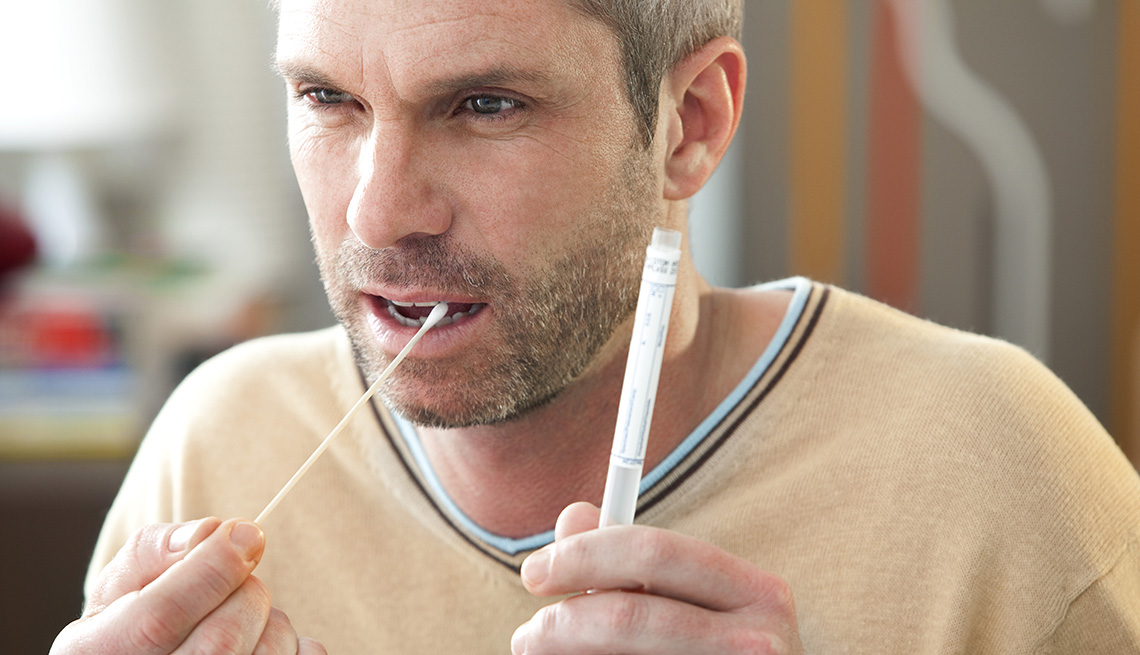
- Select a language for the TTS:
- UK English Female
- UK English Male
- US English Female
- US English Male
- Australian Female
- Australian Male
- Language selected: (auto detect) - EN
Play all audios:
In a warning, Beshear said scammers were trying to steal victims’ insurance and personal information in order to be reimbursed for services that either were not provided or medically
necessary. “Kentuckians should rely on the advice of their primary care physicians — not someone who is calling them by phone or driving by in an unmarked vehicle,” he said. In Nebraska,
state officials have received multiple reports of groups going to senior centers and residential communities and assisted living facilities offering to swab people's cheeks for genetic
material for purported DNA cancer checks, according to the Nebraska Department of Insurance. That occurred in multiple locations statewide, according to Peg Jasa, a spokeswoman for the
department, which is alerting all other states and working with federal officials on the reports. Bruce Ramge, department director, told the Omaha World-Herald that calls show that older
people are under the impression that the cost of testing will be covered by Medicare. Department officials have heard that testing organizations are charging up to $1,000, Jasa says.
REPORTING DNA SCAMS AARP's Fraud Watch Network helpline, meanwhile, has heard about 15 reports from consumers, including Armstrong in California, who revealed sensitive information for
a purported DNA cancer screen, says Amy Nofziger, who directs the helpline. “This is definitely getting some traction,” she observes. Typically, helpline callers report being told by phone
that their doctor said they are eligible for the free test and if the doctor prescribes it, Medicare will foot the bill, Nofziger says. An uptick in complaints about the so-called buccal
swab tests, which involve collecting DNA from cells inside a person's cheek to screen for cancer, began after Medicare issued guidance on March 16, saying it would cover, on a national
basis, a Food and Drug Administration–approved genetic test for patients with advanced cancer, Nofziger says. Eligible patients are those with recurrent, relapsed, drug-resistant,
metastatic, or stage III or IV cancer, and they must be seeking further cancer treatment, such as chemotherapy, the Centers for Medicare and Medicaid Services says. CMS officials urge
Medicare recipients to report concerns about suspicious activity to its toll-free number, 800-MEDICARE (800-633-4227). In California, Armstrong is grateful that his skeptical wife stepped in
and put the brakes on a probable scam. “In this day and age,” he says, “if someone offers you something for free, it's too good to be true."



